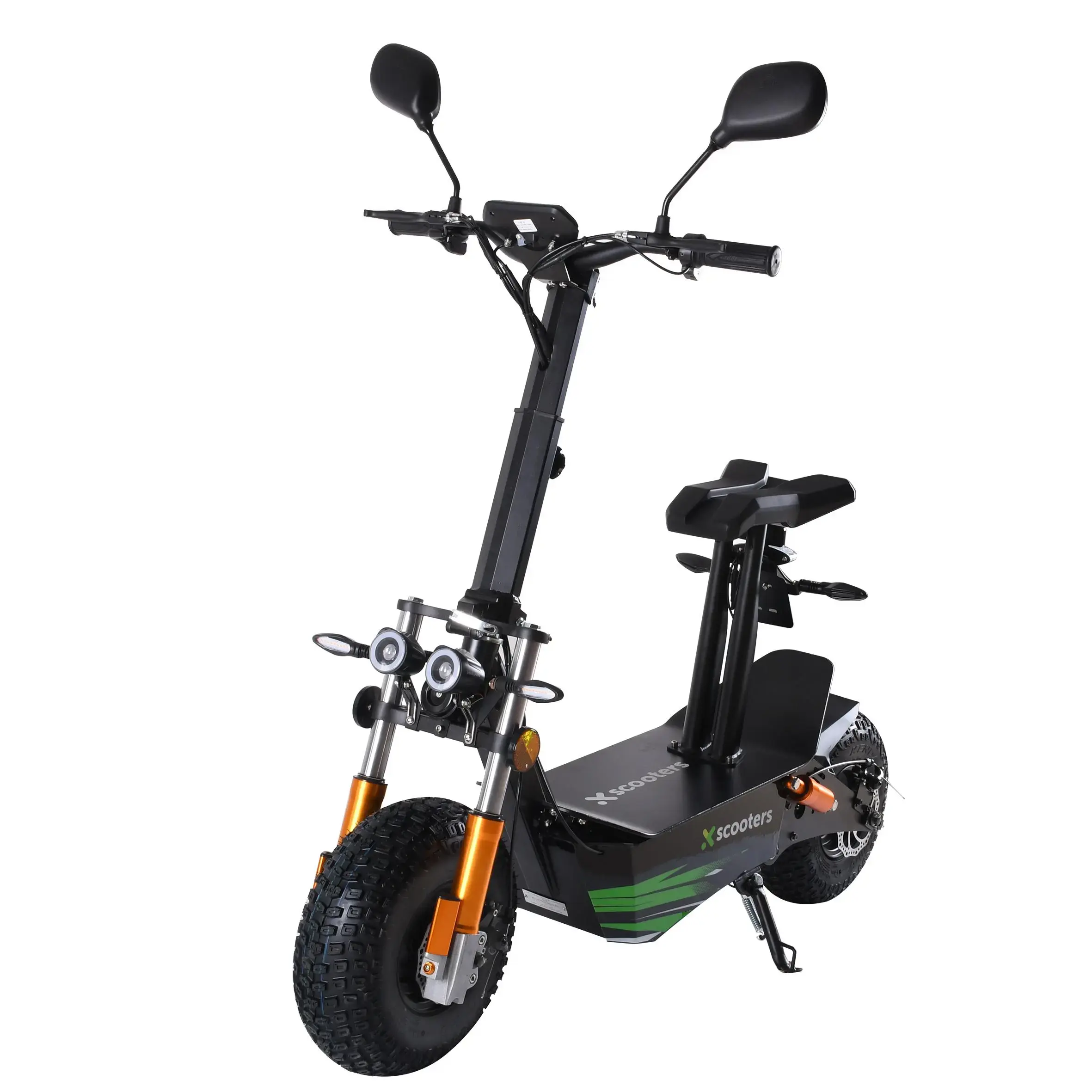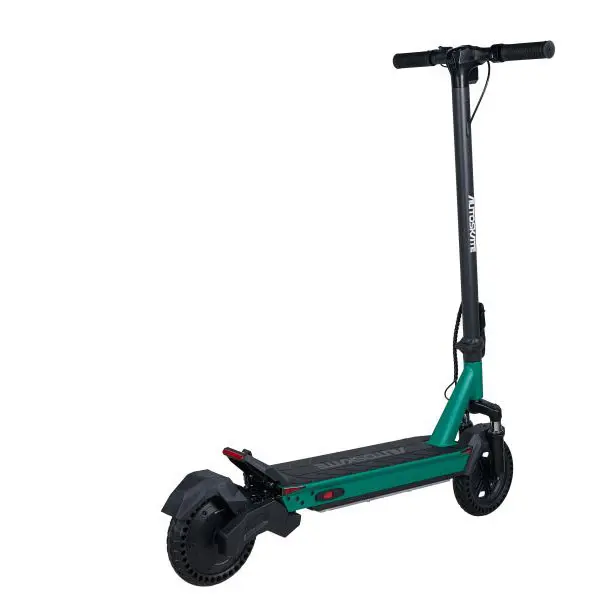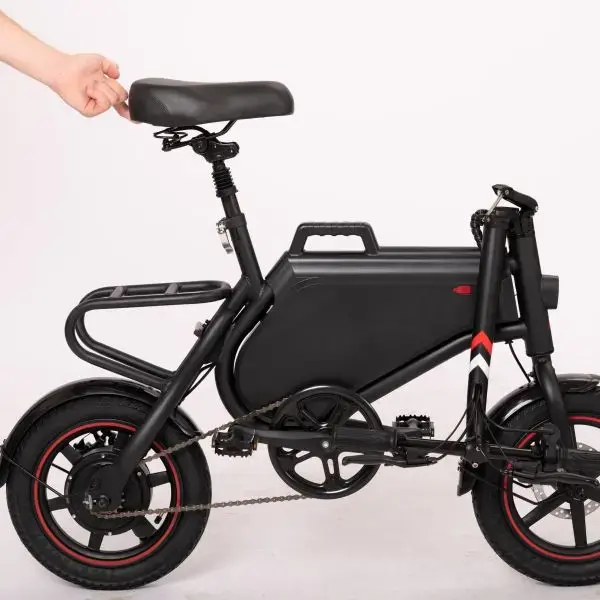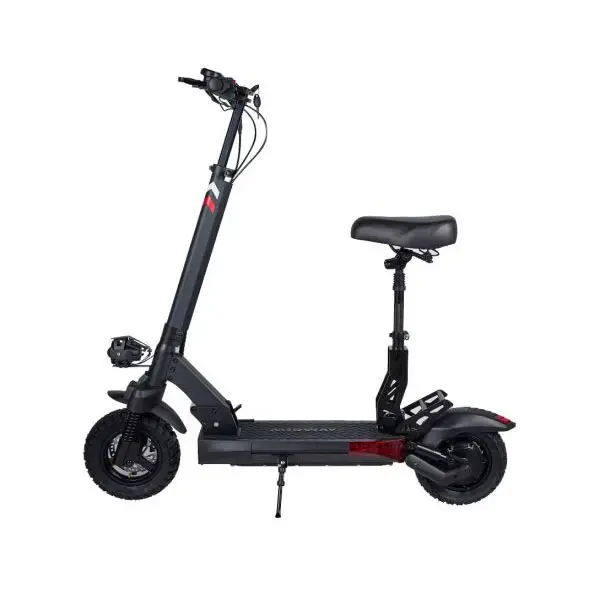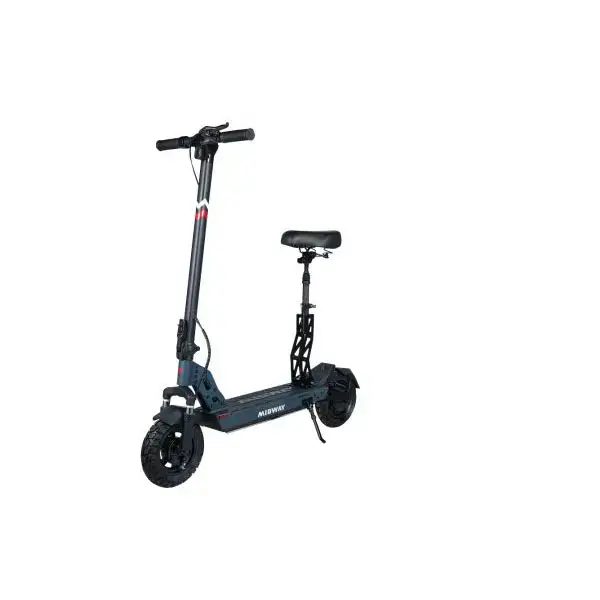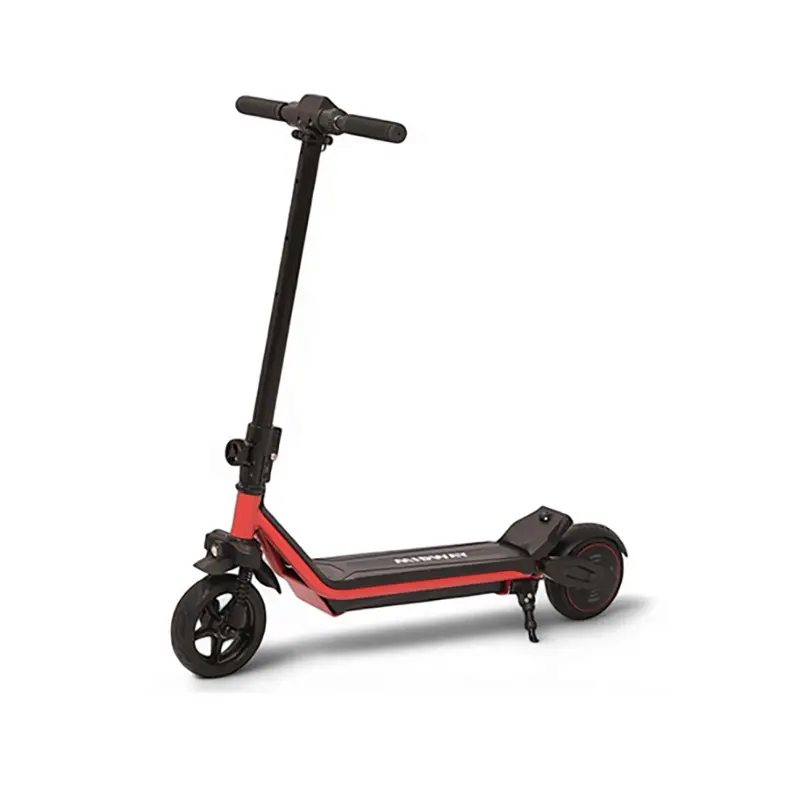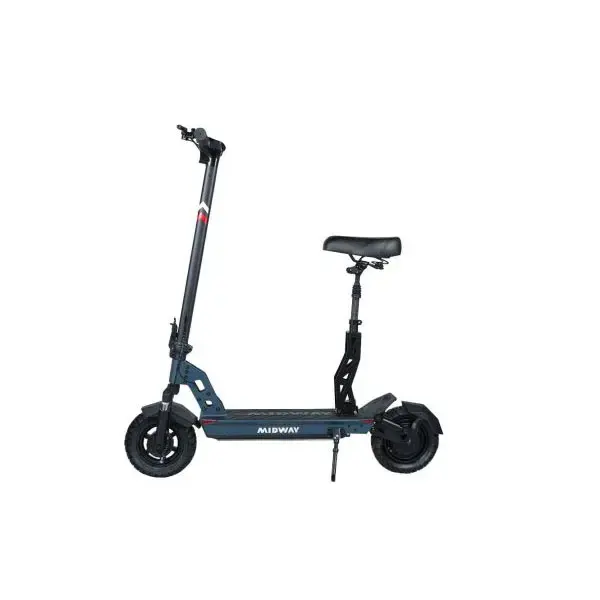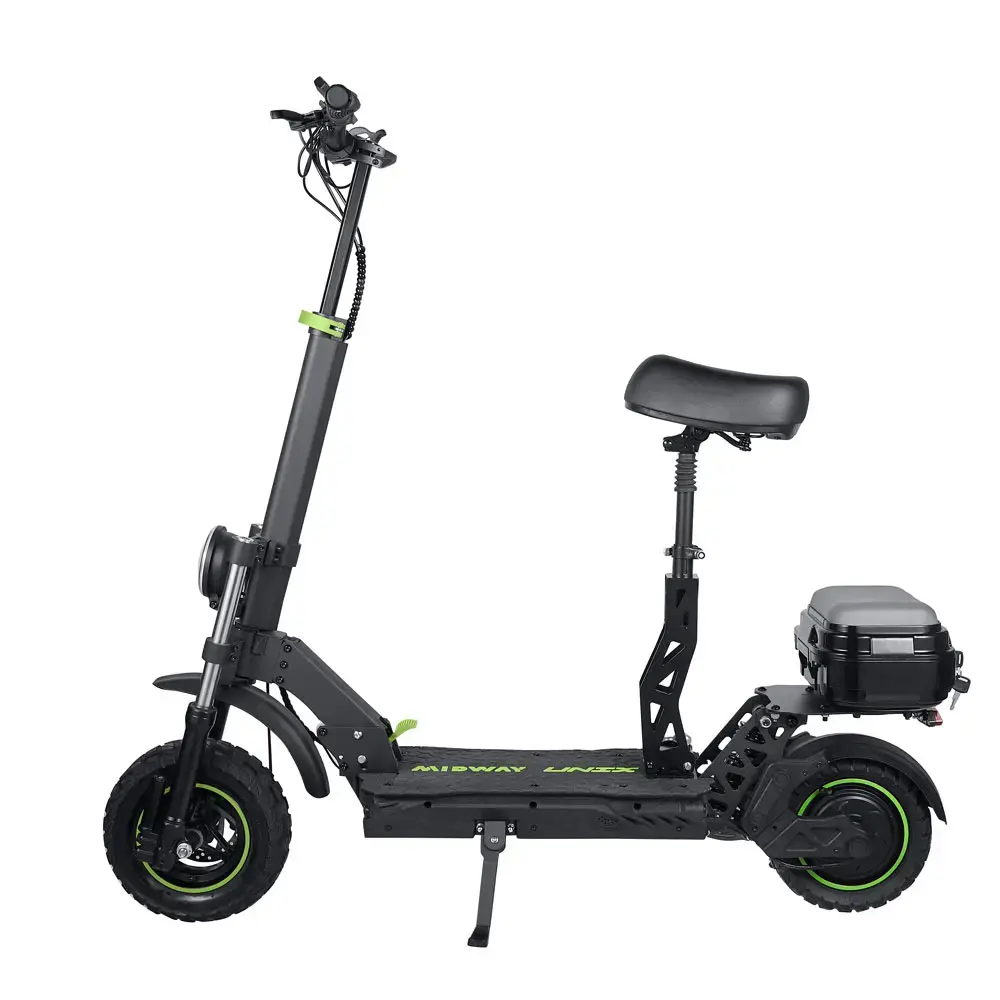Different regulations on electric scooter batteries in different countries
Different regulations on Electric Scooter Batteries in different countries: a must-read guide for international wholesale buyers
As the popularity of Electric Scooters increases around the world, the safety, reliability and compliance of batteries, as core components ofelectric scooters, have become the focus of attention in various countries. For international merchants engaged in wholesale procurement of electric scooters, understanding the different regulations of electric scooter batteries in different countries is the key to ensure the smooth operation of business and avoid legal risks and market access barriers. This article will provide you with a detailed analysis of the relevant regulations on electric scooter batteries in major countries and regions.
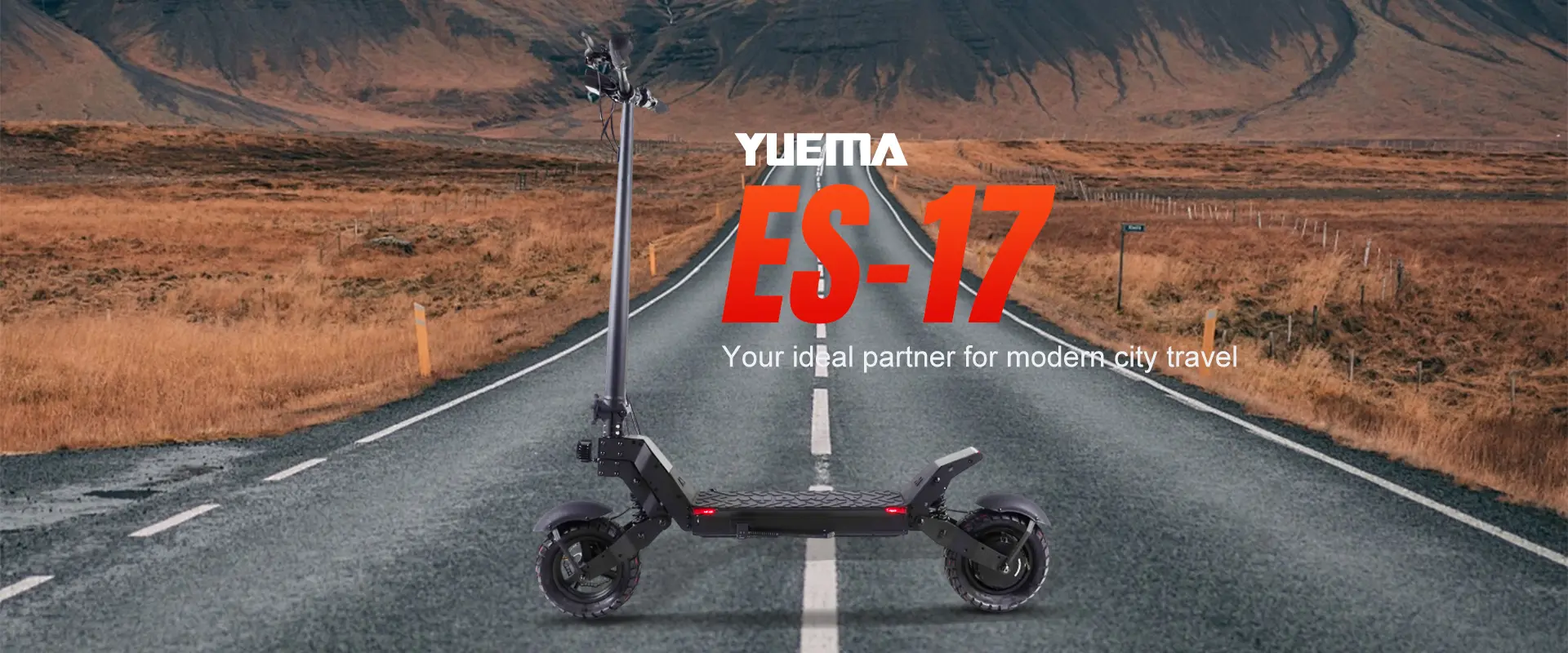
EU
Regulatory system: The EU Machinery Regulation (EU) 2023/1230, which came into effect on July 19, 2023 and set a transition period until January 20, 2027, includes electric scooters in its scope of application, and its batteries and related components must meet basic health and safety requirements.
Electrical safety standards: Batteries, motors and charging systems must comply with electrical safety standards to prevent overheating, short circuits or electric shock risks. For example, the battery's overcharge protection, short circuit protection and other functions are crucial to ensure that there is no danger caused by electrical problems during use.
Fire performance requirements: Batteries and related components must have fire resistance to avoid fires caused by overheating or short circuits.
Electromagnetic compatibility (EMC): The battery system and other electrical systems of electric scooters need to meet electromagnetic compatibility standards, such as EN 55014 and EN 61000 series, to ensure that the equipment does not interfere with other electronic equipment during operation and can work normally in a certain electromagnetic environment.
Battery label and instruction manual: The manufacturer's information, technical parameters, safety warnings, etc. must be clearly marked on the battery. The product manual should provide an EU language version, detailing the use, maintenance and safety precautions of the battery, and the product must be affixed with the CE mark to indicate compliance with relevant EU directives and coordinated standards.
United States
UL 2272 certification: The United States has stricter requirements for the battery system of electric scooters. UL 2272 certification is a standard for the safety of batteries and electrical systems for electric travel equipment such as electric scooters and balance cars. It covers safety testing of battery packs, including overcharge, over discharge, short circuit testing, thermal shock, extrusion, drop, high temperature/low temperature testing, and flame testing. In addition, it also includes tests on electrical insulation, control function protection, etc. of the overall system (controller, motor, connection line).
Transportation regulations: According to the regulations of the US Department of Transportation, the batteries of electric scooters need to meet specific requirements during transportation. For example, the battery must comply with the United Nations UN38.3 test requirements to ensure that it will not be dangerous during transportation due to factors such as vibration and air pressure changes. For large-capacity batteries, additional packaging and marking measures may be required, and the specifications and quantity of the batteries must be accurately declared in the shipping documents.
State and local regulations: There may be some additional regulations and requirements in various states and localities in the United States. For example, some states may restrict the speed and scope of use of electric scooters, which indirectly affects the performance and specification requirements of the battery. Wholesale buyers need to pay attention to the specific regulations of the target sales states and localities to ensure that the products meet local requirements.
Canada
CSA Certification: Canadian Standards Association (CSA) certification is a common certification requirement for products such as electric scooters in the Canadian market. For electric scooter batteries, CSA certification involves testing and evaluation of battery safety, electrical performance, mechanical performance and other aspects to ensure that the product does not pose a safety risk to users during use.
Transportation and safety regulations: Canada also has a series of strict regulations on the transportation of batteries, requiring batteries to comply with relevant safety standards and transportation requirements, such as UN38.3 testing. In addition, Canada also has certain regulations on the use environment and safety conditions of electric scooters, such as driving rules on public roads, which will also affect the use and performance requirements of batteries.
Australia
Compulsory certification: On August 2, 2024, New South Wales, Australia announced that products such as electric scooters and related batteries will be included in the scope of compulsory certification. From February 1, 2025, these products must meet GAZETTE standards, including standards such as AS/NZS 60335.2.114:2018 (until November 30, 2026) or AS/NZS 60335.2.114:2023 for electric scooter batteries. From August 1, 2025, it is mandatory for products to have an Australian safety certificate, and from February 1, 2026, the certificate number must be mandatory on the product.
Product standards: Australia has clear standard requirements for the performance and safety of electric scooter batteries. For example, the battery needs to meet certain cycle life, charge and discharge performance, temperature adaptability and other indicators to ensure normal operation and use under Australian climatic conditions.
Japan
Battery certification: Japan's certification requirements for electric scooter batteries are mainly focused on safety, such as the relevant provisions in the Japanese Industrial Standards (JIS). Batteries need to pass a series of tests to prove their safety under various conditions of use, including overcharge, over discharge, short circuit, impact, vibration and other tests. In addition, for lithium-ion batteries, they also need to comply with Japan's battery safety standards, such as JIS C 8714 (Safety Standard for Portable Sealed Secondary Batteries).
Recycling and Disposal Regulations: Japan also has strict requirements for battery recycling and disposal. After the battery of an electric scooter has reached the end of its service life, it needs to be recycled and disposed of in accordance with relevant Japanese laws and regulations to reduce the impact on the environment.
China
National Standard: China has formulated the national standard "Safety Technical Specifications for Lithium-ion Batteries and Battery Packs for Electric Balance Vehicles and Scooters" (draft for approval). This standard sets safety entry thresholds for the electrical safety, mechanical safety, environmental safety, thermal diffusion, mutual recognition and coordinated charging, data collection, and marking of lithium batteries for electric scooters, aiming to improve the inherent safety level of lithium-ion batteries and reduce safety accidents such as fires during use.
Production license and CCC certification: For electric scooters and their batteries sold in China, manufacturers need to obtain the corresponding production license, and the products need to pass the China Compulsory Product Certification (CCC certification). These certification requirements ensure the basic safety and quality requirements of the products in the domestic market.
International regulations for battery transportation
UN38.3 test: According to international dangerous goods transportation regulations, such as the dangerous goods regulations of the International Air Transport Association (IATA) and the International Maritime Dangerous Goods Code (IMDG Code), lithium batteries belong to Class 9 dangerous goods. Therefore, electric scooter batteries must pass the UN38.3 test before transportation to prove that they meet transportation safety requirements. The UN38.3 test includes a series of tests, such as altitude simulation test, heat test, vibration test, impact test, external short circuit test, impact test, etc., to evaluate the safety of the battery during transportation.
Packaging and marking requirements: The transportation packaging of the battery needs to comply with the dangerous goods transportation standards, use explosion-proof materials, mark warning signs, etc. The packaging should be able to prevent the battery from being damaged, short-circuited or other dangerous situations during transportation, and the battery specifications, quantity, hazard category and other information need to be correctly marked and identified.
Compliance Recommendations
In-depth understanding of target market regulations: Before purchasing electric scooters wholesale, it is important to have a comprehensive and in-depth understanding of the regulations, standards and certification requirements of the target sales countries and regions. This can not only avoid the product being detained or banned by customs due to non-compliance with the requirements, but also improve the market competitiveness of the product and enhance consumers' trust in the product.
Select compliant suppliers: Selecting suppliers with good reputation and compliant production capabilities is the key to ensuring product quality and compliance with regulations. When selecting suppliers, it is necessary to inspect and evaluate their production facilities, quality management systems, testing equipment and other aspects. Require suppliers to provide relevant certification certificates, test reports and quality assurance documents to prove that their products meet the regulatory requirements of the target market.
Strict quality control and testing: Establish a strict quality control system, sample and inspect batteries during the procurement process to ensure that each batch of batteries complies with relevant standards and regulations. Professional third-party testing agencies can be entrusted to conduct testing and certification to ensure the accuracy and fairness of the test results.
Pay attention to regulatory changes: Regulations and standards of various countries may be constantly updated and changed. Therefore, wholesale buyers need to pay close attention to the regulatory dynamics of the target market and adjust procurement strategies and product specifications in a timely manner to adapt to market changes. You can subscribe to relevant regulatory update notifications, participate in industry seminars and training courses, and keep in touch with local trade organizations and industry associations to obtain the latest regulatory information in a timely manner.
Conclusion
Countries have different regulations on electric scooter batteries, but the core is to ensure the safety, reliability and environmental protection of batteries. For international wholesale buyers, fully understanding and strictly abiding by these regulations is the basis for conducting electric scooter business. By selecting compliant suppliers, strengthening quality control and paying attention to regulatory changes, you can ensure that the electric scooter batteries you provide meet the requirements of the target market, thereby standing out in the fierce international market competition and achieving sustainable business development.






